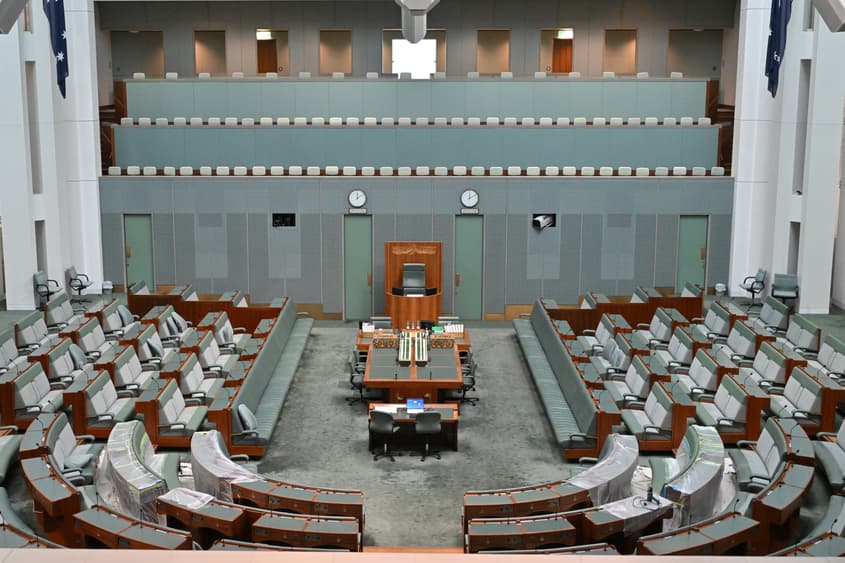The Government has announced 18 sitting weeks for 2026 - should they be sitting more and what does the rest of the year look like?
Thu 27 Nov 2025 10.30

Photo: AAP Image/Mick Tsikas
If you were following yesterday’s live blog, you’d know that the proposed 2026 sitting calendar for Parliament has been released.
These calendars can change, but they give an indication of when and for how long Parliament will sit next year.
I count 14 weeks where both houses are sitting, 4 where the House of Representatives is sitting as usual and the Senate is holding Estimates, and 1 where only the Senate is sitting. These are not full weeks, with sittings rarely scheduled for Fridays and sometimes not on Mondays either. Nonetheless, 18 sitting weeks is at the high mark for recent years.
What do parliamentarians do the rest of the time?
An awful lot, as it turns out.
Many of Australia’s 226 MPs and senators are ministers and shadow ministers. Ministers must determine government policy, make decisions, work with their departments, represent the country, conduct negotiations, meet stakeholders and do all the other work of government beyond debating and making laws. Shadow ministers are not responsible for governing, but they do need to debate policy, hold ministers accountable and convince the public that the Opposition would do a better job governing.
Backbenchers and crossbenchers sit on committees, which hold inquiries into issues of public importance. Committees consider mountains of both written evidence and oral evidence, and some will tour the country to hear from Australians outside the major cities. Their reports often run to the hundreds of pages of findings, with recommendations that governments are expected to respond to.
And, perhaps most importantly, parliamentarians are elected representatives. They attend community events, meet with stakeholders and constituents and help residents with their problems with government. When parliamentarians argue against more sitting weeks, they often point to the need to be in their community, interacting with the people they represent.
Whether your particular MP works this hard is perhaps another, separate question.
Should Parliament sit for more weeks?
I’ve argued in the past that more sitting weeks, but shorter sitting days, would improve working conditions in Parliament House. Parliament routinely sits for over 10 hours a day, sometimes much longer – which is not amenable to health, good deliberation or a safe workplace.
Fifty years ago, Parliament sat more often: 21 to 25 weeks a year instead of the 13 to 18 weeks of recent years.
On the other hand, Australians already have trouble getting hold of their local member. Most Australians have never met, cannot name and would not feel comfortable approaching their local MP.
The reality is that there are too few politicians, leaving them stretched in both directions. The country has grown by 11 million people since the last increase in the size of Parliament. The result is that Parliament sits for fewer days so MPs can be in their communities more, but even so most people never meet their local member. An increase in the number of parliamentarians would tackle both horns of this dilemma.
The rise of One Nation creates a surprising opportunity for progressive voters. There are now “safe” Liberal and National seats where One Nation could do very well.